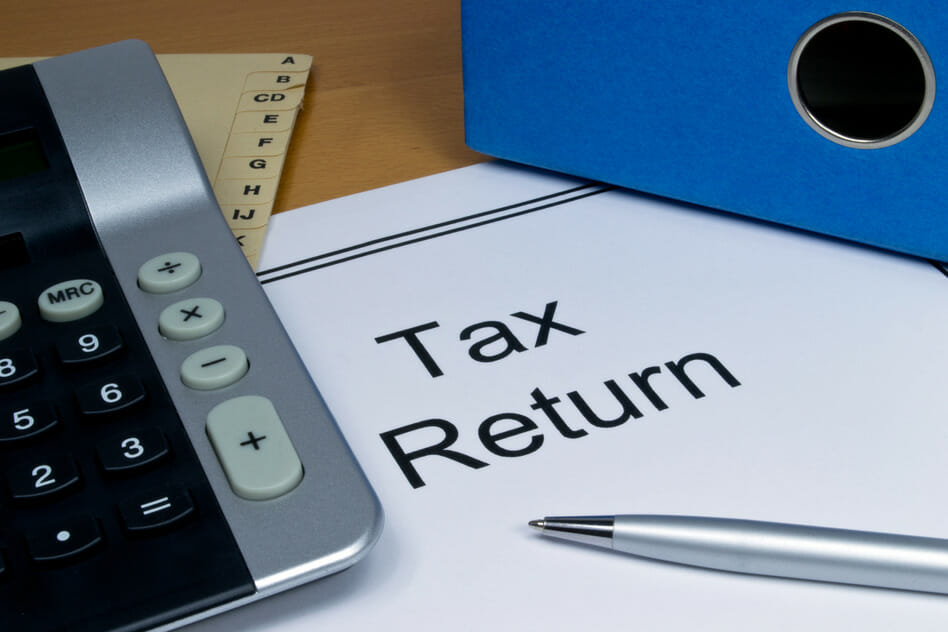It’s one of the most asked questions when it comes to taxes: Do I really need to file a tax return? Most people would turn to the SARS website to find out what the authority has to say about filing a tax return.
On the website, SARS states that you do not need to file a tax return if ALL of the following applies to you:
- Your total employment income/salary for the year income/salaryFebruary 2018) before tax (gross income) was not more than R350 000
- You only received employment income / salary for the full year of assessment (March 2017 to February 2018) from one employer
- You have no other form of income (e.g. car allowance, business income, taxable interest or rental income or income from another job)
- You do not want to claim for any additional allowable tax related deductions (e.g. medical expenses, retirement annuity contributions, travel expenses, etc.).
Most times we assume that if our income is below the tax threshold or we earn employment income, we do not need to file a tax return. The first part, because SARS says so and the later; because the employer files this on our behalf.
But what happens when the employer doesn’t file the PAYE returns on our behalf and we realise 6 years down the line that this has not been done? Or we need to purchase a house and the bank requires a Tax Clearance Certificate (A document from SARS that shows that our tax affairs are in order)? SARS will not issue a Tax Clearance Certificate if we have not filed the returns for all those years that the returns are outstanding. Last year, SARS penalised tax payers who had not filed their returns regardless of the reasons why they had not filed these; even if their income was below the tax threshold. This is because there is no way SARS can tell that a taxpayer’s income is below the threshold unless a return has been filed.
So the question begs: When should I file a tax return? The answer; if you are wanting to avoid the headaches of having to file old returns when the information has far been lost; is always. If you are employed, this will help you to confirm that your employer or previous employer has filed your payroll return; as the information will self-populate on e-filing if this has been done. If not, it gives you an opportunity to follow up with the employer before they shut shop, or you lose contact with them for varying reasons.
Even though SARS states that you may not file a return in certain circumstances; they still stipulate that you should keep the documents concerning income earned for 5 years or until an audit has been concluded. They categorically state that a person who is not required to submit a return, but has during a tax period received income must keep records for five years if they are subject to tax but did not file due to an exemption or a threshold. Therefore it is always prudent to be on the safe side and keep all returns filed and up-to-date.


Leave A Comment